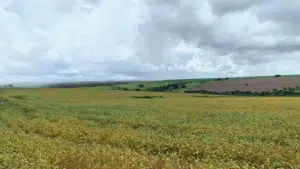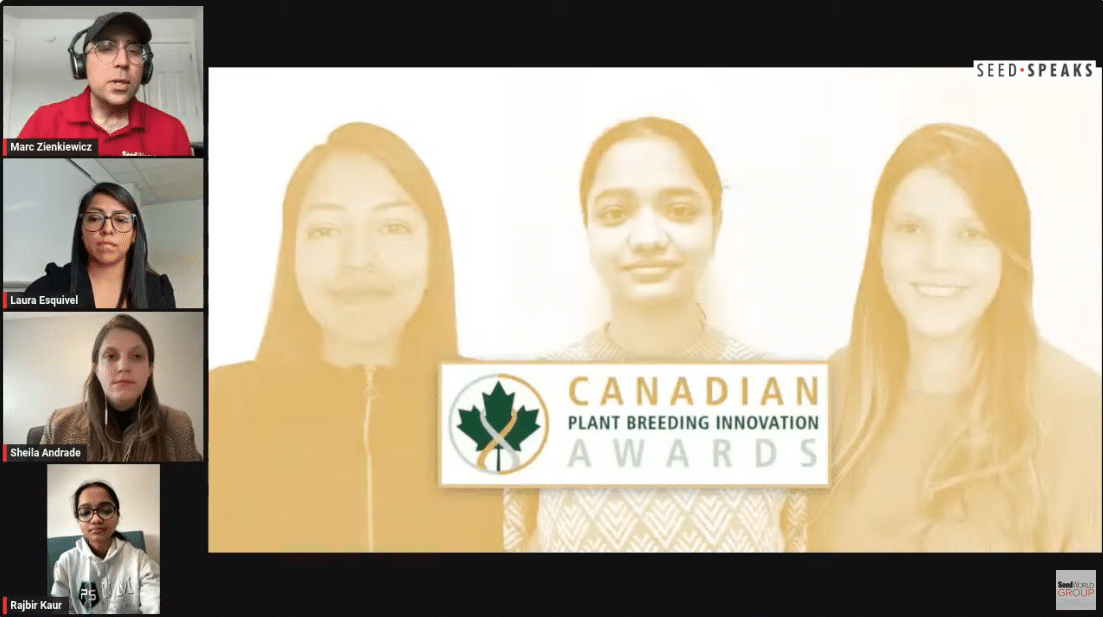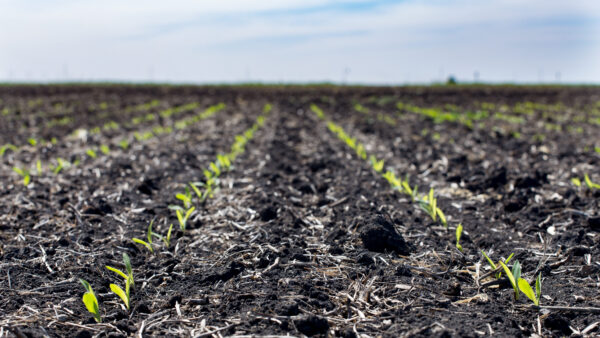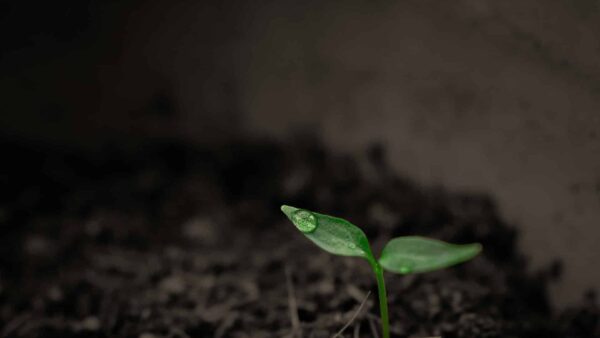Before a seed comes to market there is a wealth of information we know about it. Germination, vigor, disease – these characteristics and much more are all tested and documented to ensure a quality product is brought to market. Delivering quality seed to producers helps ensure that we can feed a growing population and seed and plant pathology plays a key role in this.
The Pathologist’s Role in Seed Production
“Being a pathologist, it is of utmost importance to understand disease epidemiology and pathogen biology. Disease development is the combination of three important components of the disease triangle: host, pathogen and environment,” says CSP Laboratories pathologist, Kiran Mani. “For a disease to expresses itself, the pathogen must be present, a susceptible host must be present, and the environment must be conducive.”
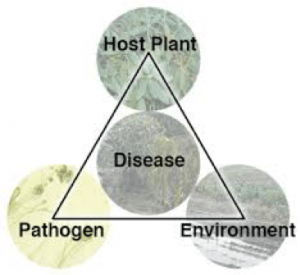
Mani explains that an integrated approach – with different disciplines like agronomy, soil science, host resistance, plant breeding and genetics – helps pathologists to understand the impact of cultural and management practices in managing disease development.
“Seed companies want the seed to be disease free,” states Mani. “As a seed pathologist, we are working with companies to identify what risk factors are present. We need to know what to test for and where to look for it during the production phase.”
“Seed pathology is a core of the CSP business,” Lab Director, Nilesh Maharaj. “When you work with an accredited laboratory to do seed and plant pathology testing it can offer seed companies real world benefits at the production level and at the marketing level when it comes to export business. Certain areas will block import if pathogens are present.”
Maharaj also notes that seed which may not be a fit due to disease pressure in one area could potentially be marketable in another geography.

Pathology and Trait Discovery
Working with plant breeders, seed pathologists assist in the development of new resistant varieties using both conventional as well as advanced genetic engineering tools.
“With the use of molecular markers, pathologists can ensure the presence of disease resistant traits,” says Mani. “The process consists of incorporating resistant traits into a variety, genotype and phenotype confirmation by resistance makers and resistance screening by inoculation methods. After confirmation of resistance, large scale field trials are conducted in the natural environment. Seeds are tested to be disease free at each stage of breeding and evaluation process.”
Seed Quality
Seed production companies spend millions of dollars to produce premium seed that has traits for disease resistance and superior yields. One tomato seed cost can vary from $1 to $2 and if the seed is infected this can result in economic losses for the seed company and growers if it were sold without disease testing.
“One tomato seed infected with Clavibacter michiganensis subsp. michiganensis can destroy a whole tomato field,” explains Maharaj. “Seed testing not only ensures disease-free seed, but it also fulfils national or local phytosanitary requirements.”

Always Learning
CSP Labs has made it a priority to engage in the ongoing education and collaboration with international seed testing agencies.
Maharaj shares that their team of seed pathologists are regularly involved in the development, validation and deployment of highly sensitive and advanced pathogen and disease detection methods in collaboration with industry partners.
“Third-party testing labs like CSP labs play an important role in seed testing by ensuring good quality seeds. Seeds are tested by accredited protocols issued by reputed organizations like NSHS (National Seed Health System), ISHI (International Seed Health Initiatives), ISTA (International Seed Testing Agency) and AOSA (Association of Official Seed Analysts),” says Maharaj.
“CSP labs has contributed to the development and execution of testing methods needed for economically important pathogens like Acidovorax citrulli (Ac) causing Bacterial fruit blotch (BFB) of cucurbits,” he says. “Our BFB seedling PCR method is very popular, time efficient and highly sensitive in the detection of Ac inoculum in comparison to other available methods.”
The seed sector is a very global business. Biosecurity related to plant production, intensification of agriculture and global warming are the factors rapidly contributing to spread of diseases all over the globe. More frequent seed import and export all over the world poses a significant threat to agroecosystem health. Pathologists play an important role in ensuring the movement of disease-free seeds across international borders.



